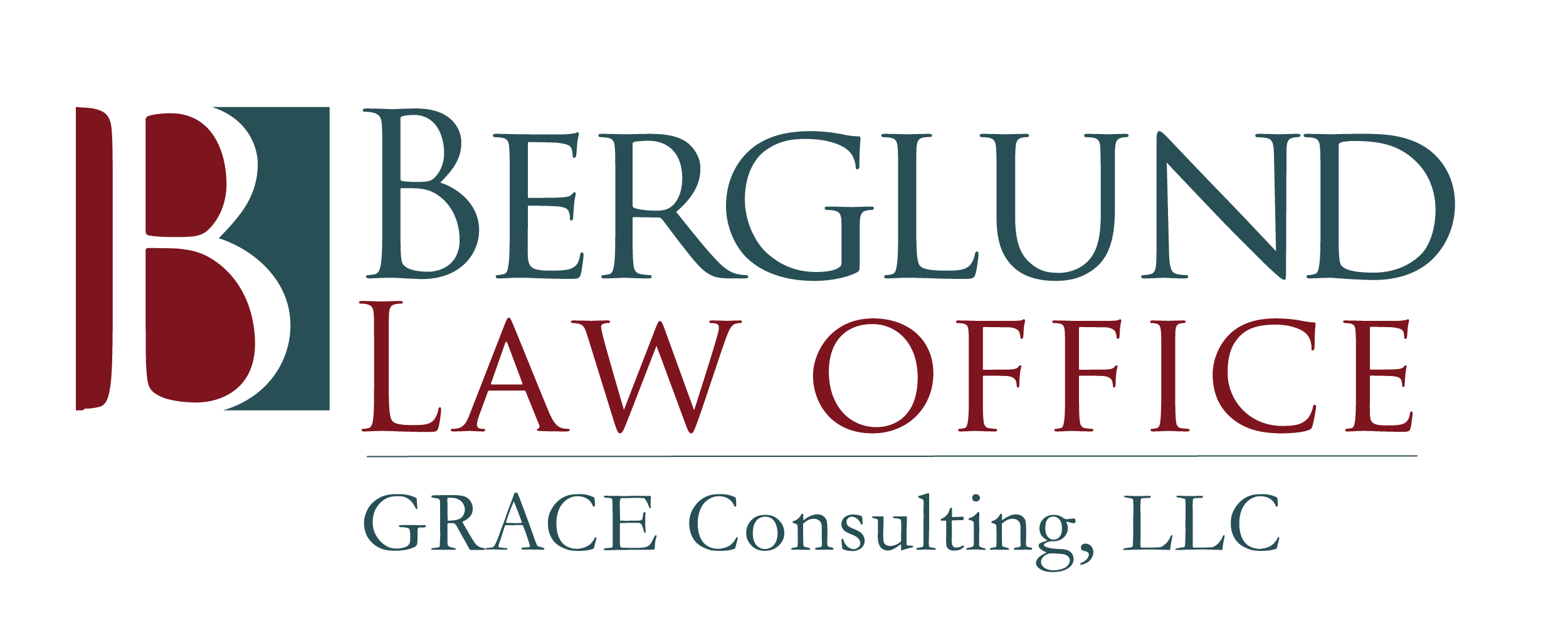
In some cases, the probate court may require a personal representative to post a bond. This article will explain what a “probate bond” and when a probate bond might be required by the court.

PROBATE BOND
In some cases, the probate court may require the personal representative (executor) of the estate to post a bond equal to the amount of the estate assets. In this case, if the estate is valued at approximately $500,000.00, the court could require that a $500,000.00 bond be posted. Probate bonds are required if the court wants to ensure that the personal representative follows the law and does not steal any money from the estate.
A bond is surety posted by the personal representative against the estate assets. The personal representative will literally have to post collateral against the bond in case they make a mistake in administering the estate.

WHEN ARE PROBATE BONDS GENERALLY REQUIRED?
In a formal, supervised administration in Minnesota, a bond is almost always required. However, most estates are not formal and supervised by the court. It is estimated that less than 10% of Minnesota estates proceed as formal, supervised administrations.
One reason bond is usually required in formal, supervised administrations is that there may be disagreements between family members or other parties and the personal representative is therefore required to post a bond to preserve assets. Many times, when heirs and other parties are in disagreement a professional personal representative will be appointed by the court. A professional must always be bonded and the estate will always be a formal, supervised estate.

Another instance when a bond may be required is when the estate is insolvent. For instance, the estate may have a home, but there are debts worth more than the home. In essence, the court may require a bond so that the creditors of the estate are protected. It is easy to see why a party might not want to sell a home or other assets just to pay the deceased person’s bills.
Another instance when a bond may be required is when the testator’s will leaves money to charitable institutions such as the humane society. Finally, the last common instance when a bond is required is when the deceased person’s will left money to individuals under the age of 18. In this case, the court will likely want to ensure that the children receive the money they are owed. Courts treat children very carefully because they are not legally able to inherit money or represent themselves.
